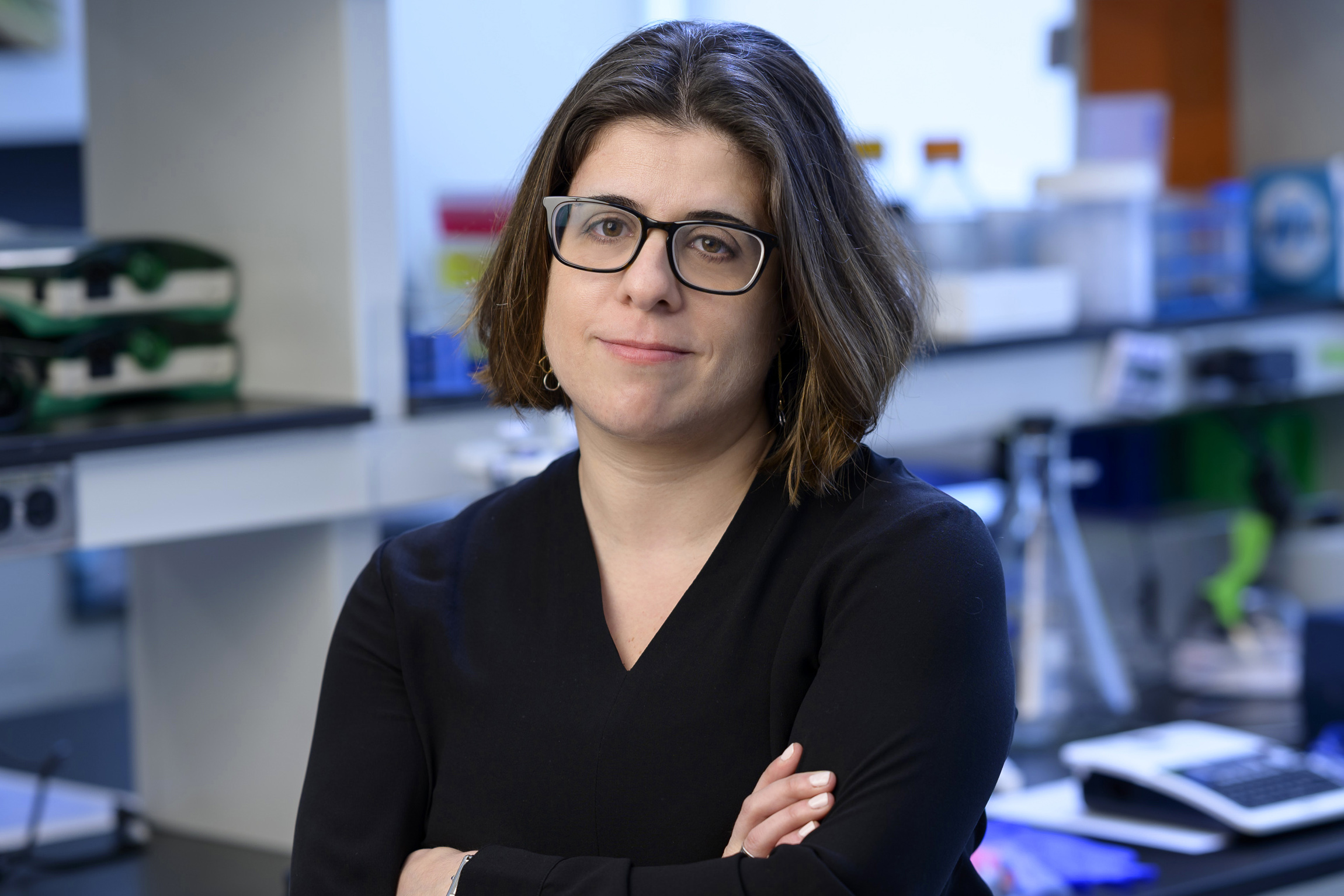
Research
DNA is inherently unstable, yet genomes are remarkably stable. Sophisticated DNA damage surveillance and repair pathways have evolved to safeguard genetic material. The failure of these mechanisms leads to various diseases, such as accelerated aging and cancer. Maintaining genome stability is made more challenging by the presence of two distinct genomes – nuclear and mitochondrial – housed in different organelles and exposed to different stresses and mutation rates. As a chromosome biologist, I am fascinated by how eukaryotic cells coordinate various repair pathways and quality control mechanisms to preserve the stability of both genomes and facilitate their interplay. We focus on two independent yet fundamental questions. First, why have cells evolved a highly mutagenic microhomology-mediated end-joining (MMEJ) process to repair nuclear DNA breaks? Second, how does the nucleus manage perturbations to a circular genome housed in a separate organelle? We employ a multifaceted approach that combines genetic screens and computational predictions with innovative molecular toolkits to address these questions.
Current Projects:
- Error-prone DNA repair; MMEJ
- Mitochondrial genome instability
- Mito-nuclear crosstalk
- Telomere maintenance in cancer
Bio
Agnel Sfeir attended the American University of Beirut for her undergraduate studies and earned her Ph.D. from UT Southwestern. She then did a postdoc with Professor Titia de Lange at the Rockefeller University. In 2012, Agnel launched her lab at the Skirball Institute at NYU, focusing on the intersection between telomeres and the DNA damage response. In addition, she launched a new line of research, studying mitochondrial DNA replication and repair. The Sfeir lab relocated to MSKCC in 2021. In addition to studying nuclear genome stability, the lab investigated mito-nuclear crosstalk, focusing on how mitochondrial and nuclear genomes co-evolve, adapt, and communicate to ensure cellular homeostasis.
Distinctions:
- Mallinckrodt Scholar Award (2018)
- Pershing Square Sohn Prize for Young Investigators (2016)
- The David and Lucile Packard Foundation Award (2014)
- NIH Director’s New Innovator Award (2014)
- Pew-Stewart Scholar for Cancer Research (2104)
- Damon Runyon-Rachleff Innovator Award (2013)
- Blavatnik award; Finalist in the Postdoctoral category (2010)
- Nominata Award. University of Texas Southwestern Medical Center at Dallas (2006)
